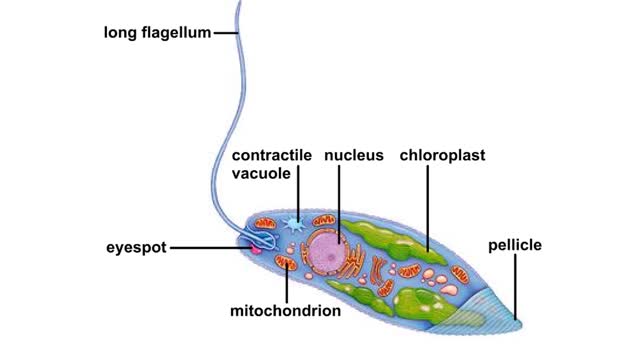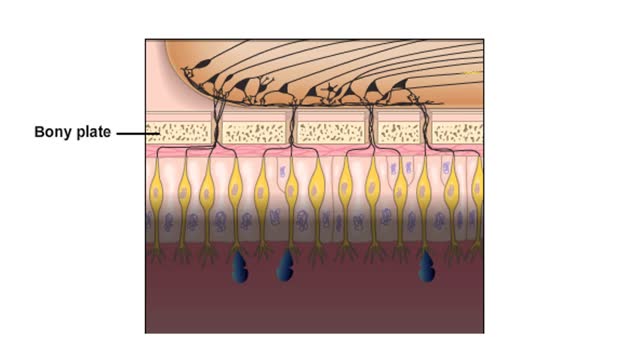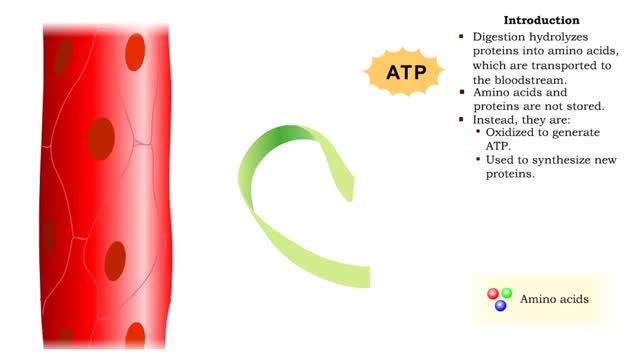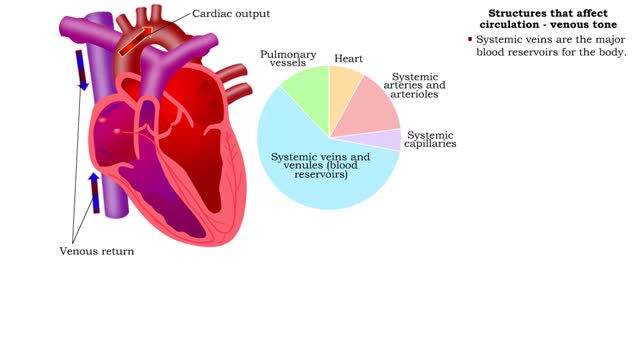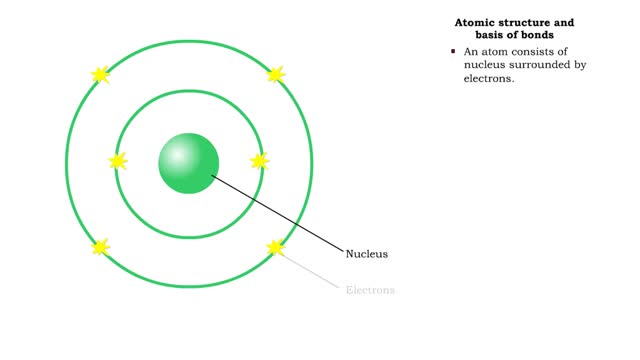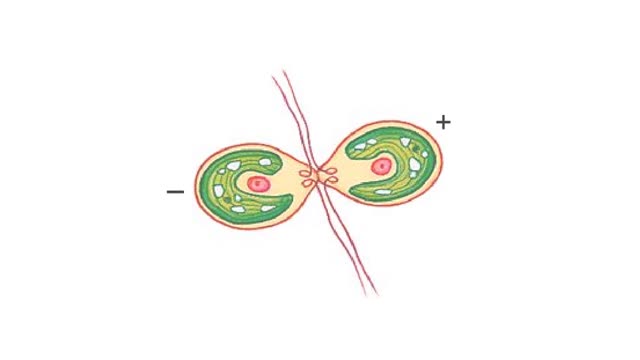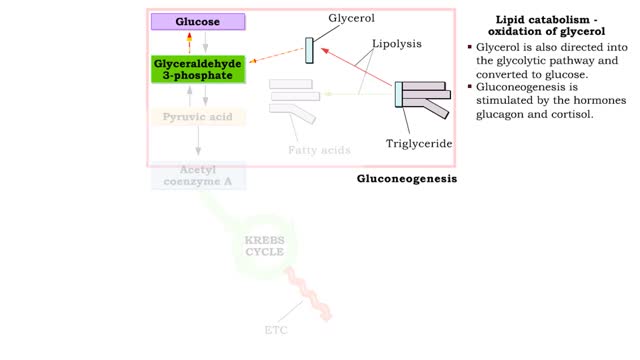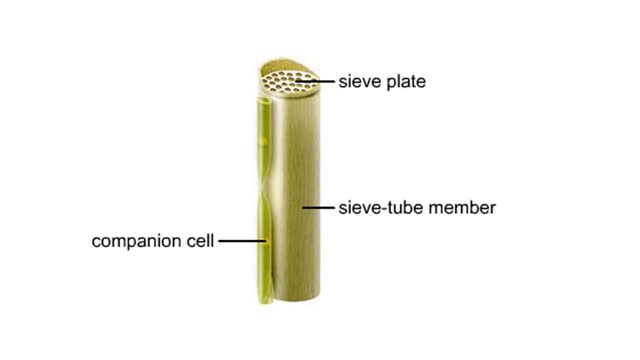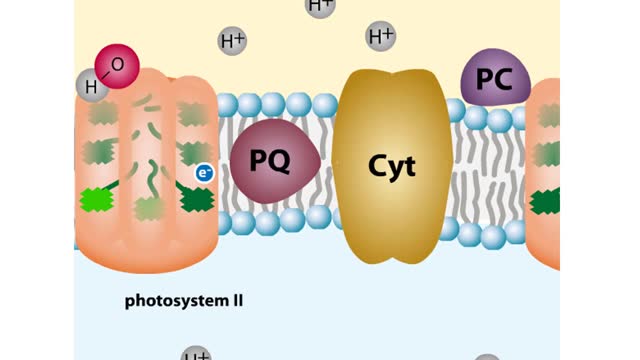Search Results
Results for: 'water retention'
Body plan of euglena Animation
By: HWC, Views: 5279
Euglenoids are single-celled organisms that live in lakes and ponds. A contractile vacuole pumps out the water that diffuses into the cell from its hypotonic surroundings. The body is covered by a translucent pellicle composed of flexible strips of a protein-rich material. Light passe...
Olfaction. or the sense of smell
By: HWC, Views: 8326
Do you ever wonder how you can distinguish thousands of different odors? Olfaction. or the sense of smell, is used by all mammals to navigate, find food, and even find mates. We have millions of olfactory receptors for smelling in our nose. These receptor neurons bind water-soluble or volatil...
Protein catabolism - deamination
By: HWC, Views: 11065
• Digestion hydrolyzes proteins into amino acids, which are transported to the bloodstream. • Amino acids and proteins are not stored. • Instead, they are: • Oxidized to generate ATP. • Used to synthesize new proteins. • Converted to carbohydrates or lipids for storage (if e...
Structures that affect circulation - kidneys, blood volume and venous tone
By: HWC, Views: 10913
• Kidneys regulate blood volume and blood osmolarity via salt and water reabsorption. • Increased reabsorption increases blood volume and venous return (and CO). • Decreased reabsorption increases urine production, which decreases blood volume and venous return (and CO). • Systemi...
Bond types - Atomic structure and basis of bonds
By: HWC, Views: 11272
• Chemical bonds are fundamental to the structure and function of many types of molecules, such as proteins, carbohydrates, lipids, nucleic acids, gases, salts and water. ■ These molecules are composed of atoms that are held together by three different types of bonds. • The three types ...
By: HWC, Views: 5152
Life cycle of Porphyra. The most conspicuous part of this algal life cycle is the haploid gametophyte. This sheetlike form is collected and dried for use as nori, the wrapping for sushi. Gametes form in packets interspersed between vegetative cells near the sheet margins. The gamet...
Lipid catabolism ( ketogenesis and oxidation of glycerol) and Lipid anabolism (lipogenesis)
By: HWC, Views: 11217
• During excessive beta oxidation, the two-carbon fatty acid fragments are converted into acidic ketone bodies. • Ketosis, the overproduction of ketone bodies, can lead to acidosis (ketoacidosis) of the blood. • After lipolysis, glycerol is converted to pyruvic acid. • Pyruvic aci...
Vascular tissues in a corn stem and a buttercup root
By: HWC, Views: 5369
Vascular tissues in a corn stem and a buttercup root. The cells that make up each tissue. Xylem conducts water and dissolved ions. It also helps mechanically support a plant. The cells, called vessel members and tracheids, are dead at maturity. Their lignified walls interconnect and serve as p...
What are the Parts of a Plant Cell?
By: HWC, Views: 9896
Every chloroplast in a plant cell is packed with stacks of flattened sacs called thylakoids. The thylakoid membranes contain chlorophyll, as well as most of the other components required for the light reactions of photosynthesis. The chlorophyll-containing structures within the membranes are c...
Advertisement



